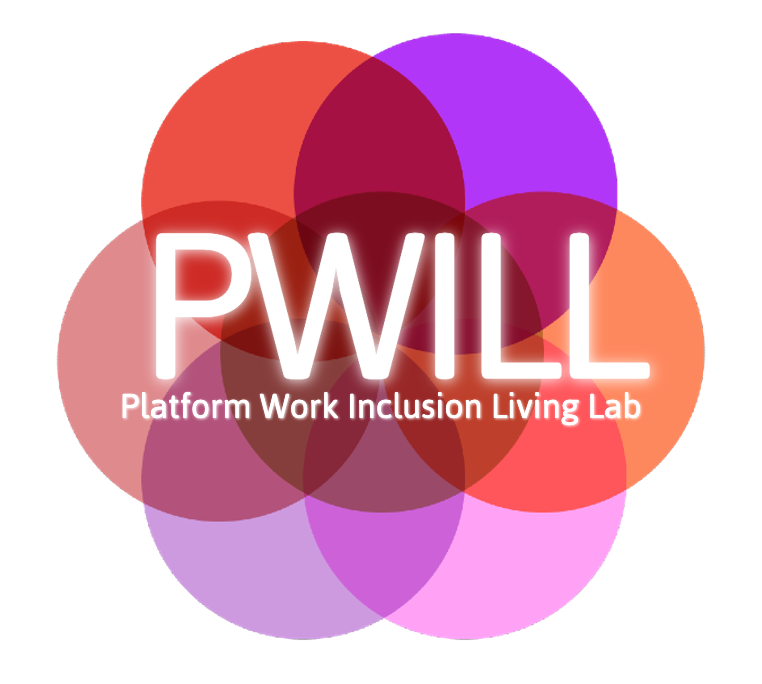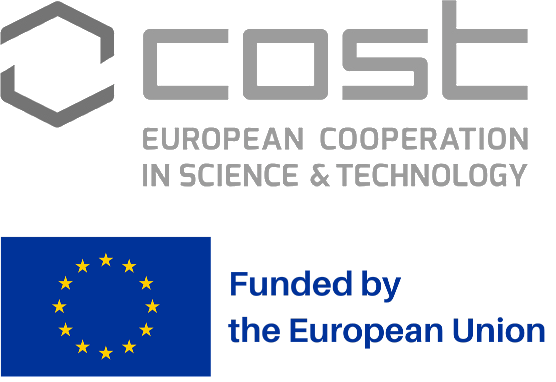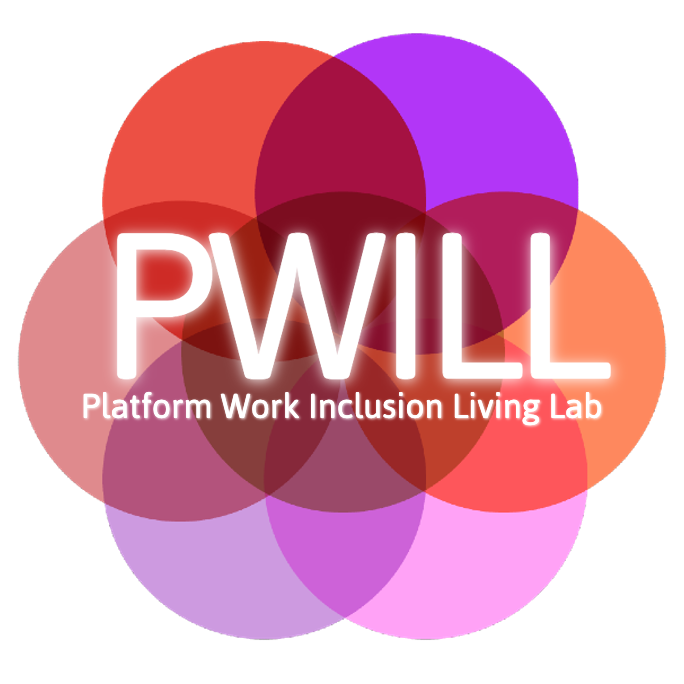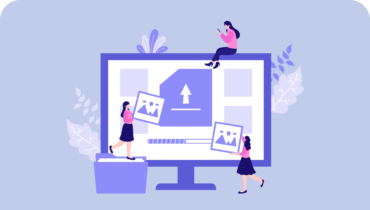

MARCH
Insights and analysis of feminist economies from Abya Yala to the digital sphere, March 31, 2025
On the occasion of the celebration of the First Meeting of Feminist Economics of Abya Ayala (Buenos Aires, March 26-28, 2025, https://efabyayala.com), we organized a global online meeting on Monday, March 31, in which we reflected on “Views and analysis of the feminist economies of Abya Yala in the digital sphere” .
MAY
Platform Work in South East Europe – Intersectionality, Feminist Futures, and the Gold Economy, May 22-23, 2025, Shkodër, Albania
The Platform Work Inclusion Living Lab (P-WILL) COST Action (CA21118), in partnership with the University of Shkodra “Luigj Gurakuqi,” is organising the International Conference titled “Platform Work in South East Europe – Intersectionality, Feminist Futures, and the Gold Economy” on 23 May 2025 in Shkoder, Albania. Find more details here.
JUNE
PWILL Meeting in Rotterdam, June 02-03, 2025, Rotterdam, the Netherlands
The Platform Work Inclusion Living Lab (P-WILL) COST Action (CA21118), in partnership with the Erasmus School of Law is organising Core Group Meeting and Working Group Meetings on June 02-03, 2025, at the University of Rotterdam in the Netherlands.
Interdisciplinary and international Training School on Intersectional Feminism in the Platform economy, June 02-04, 2025, Rotterdam, the Netherlands
We invite PhD and other early career researchers to apply for the expert-led training school, co-organized by EU COST Action Platform Work Inclusion Living Lab (PWILL), Dr. Jing Hiah, Assistant professor at Erasmus School of Law, and Anna Elias, PhD candidate at the International Institute of Social Studies. More info can be found here.
JULY
Coop Ciycle annual meeting: Activity on gender, July 24-25, 2025, Copenhagen, Denmark
The Platform Work Inclusion Living Lab (P-WILL) COST Action (CA21118), in partnership with the platform coops (By-Expressen) is organising a hybrid event that will include the stakeholders from numerous countries and will contribute in the support the gender perpective to the most important federation of platform coops in Europe and worldwise, as a case blue print model.
SEPTEMBER
Second International Congress “Gender, technology and power”, September 02-04, 2025, Warsaw, Poland
The second edition of the International Congress organized in San Sebastian (Spain) in 2024. Registrations will be open from May 20th. Registration is free for members of the P-WILL action, for other participants the registration fee is 50€. Registration forms and updates on the programme will be available at the conference website: http://gentechpower2025.uw.edu.pl/ If you have any questions, you can also contact conference organizers at: gentechpow25@uw.edu.pl
OCTOBER
IX Feminist Economics Congress, October 02-03, 2025, Sevilla, Spain
This hybrid event will focus on feminist theory framework of PWILL and will enable international connection with LATAM. More details about the event can be found here.
Meeting in Barcelona, October 15-16, 2025, Barcelona, Spain
The final event within the GP will be a key stakeholder conference aimed at maximizing the impact of the Action. This event will focus on enhancing the policy influence of the PWILL results, ensuring that the insights and outcomes of the Action continue to shape future policy agendas. In addition, the conference will serve as a platform for developing a sustainable post-Action strategy that builds on the work already completed.
Platform Work Stakeholder Map
Defining platform work
There is no clear definition of platform work available. Definitions and typologies of platform work vary considerably but rarely capture all forms of income-generating activity associated with digital media platforms. Consequently, there is no clear definition of platform worker.
The EU Proposal for a directive on improving working conditions in platform work (European Commission, December 2021) describes platform work as labour “performed by individuals through the digital infrastructure of digital labour platforms that provide a service to their customers.” In this proposal, a digital labour platform is defined as a service provider that meets the following conditions:
- work is allocated through electronic means;
- the work is provided at the request of a service recipient.
- it involves the organisation of work, regardless of whether that is performed online or on location.
The proposal then differentiates between a “person performing platform work” which is agnostic about contractual relationships between worker and platform and “platform worker” which is defined as someone with an employment contract or relationship with a platform as defined by law.
The problem of defining platform work in ways that are inclusive of its various forms but which still allows for demarcation of it from other forms of digitally mediated work needs urgent attention.
The EU definition precludes platforms that primarily connect actors within the marketplace but which do not ostensibly organise the work as well as platforms that simply enable the exploitation of assets or reselling of goods. However some of these types of platforms (eBay, Etsy, AirBnB) actually do manage and control work/labour, especially via algorithms.
It might also be pertinent to include unpaid user labour in content and data creation for digital platforms as this activity is an important generator of surplus value, but also because there are blurry lines between commercial online content creation and un-monetised user content creation.
The P-Will working groups identified a range of stakeholders associated with platform which can be loosely grouped into 4 main categories: (1) Users on both sides of the platform-mediated labour exchange (e.g. service recipients and service providers); (2) Organisations and NGOs which support and sustain workers in formal or informal collectives; (3) Regulators whose policies provide parameters and governance of platform work or who respond to the impacts of this form of labour; and (4) Platform companies which includes the economic actors as well as technology designers who site behind the work mediating technologies. An additional stakeholder spanning these categories is the media which plays a role in constructing the narratives about platform work. The final stakeholders are academics and researchers whose frameworks for investigation shape the platform economy landscape and our knowledge of it.
Within each of these categories are subcategories of specific stakeholders.
Each of these actors has a set of issues, problems or challenges related to the dynamics and nature of platform work as well as a set of needs that should be met to ensure an inclusive, equitable, and just labour environment.
The nature of platform work is broadly defined and constantly changing. We welcome suggestions of additions or amendments to this list. Please email
P-WILL@publicpolicy.rs
Produced by Working Group 1 members (WG leaders: Dr. Kylie Jarrett and Dr. Jing Hiah) with contributions from all working groups of the P-Will COST Action (CA21118)







